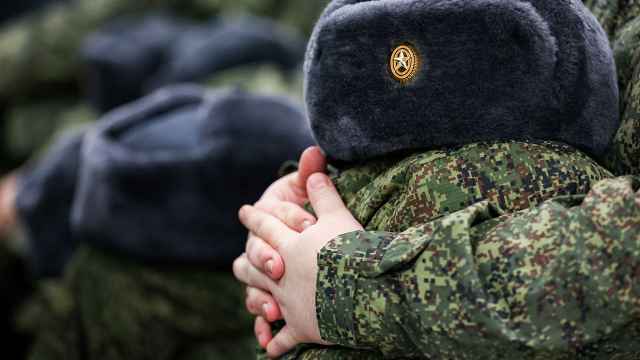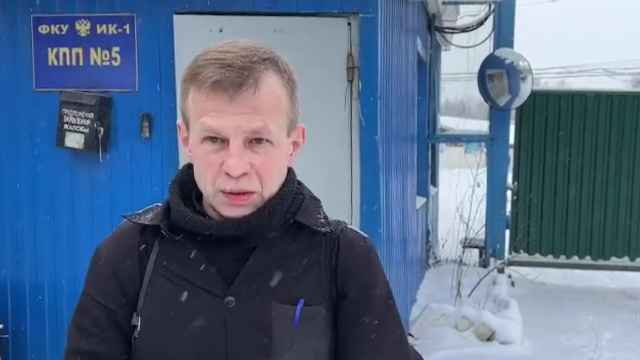GENEVA — A decision on when to destroy the last known stocks of live smallpox was put off for a further three years at a contentious World Health Organization meeting, with Iran spearheading opposition to a U.S.- and Russian-backed plan to postpone setting a date for destruction for five years.
Iran was at the forefront of countries arguing this week at the annual World Health Assembly in Geneva for the stocks held in Russia and the United States to be destroyed now.
Its arguments included the risk of stockpiles falling into the wrong hands and that technology existed to create vaccines and anti-viral drugs without access to the live variola virus.
The United States said further research was needed into vaccines against the disease eradicated more than 30 years ago.
Twenty-seven countries backed its position Tuesday, compared with only seven behind Iran, it said.
"We're very satisfied. There had been talk there would be a call for immediate destruction. That most decidedly did not happen," said Nils Daulaire, director at the office of global health affairs at the U.S. Department of Health and Human Services.
Daulaire said he could not comment on Iran's motives. No one could be contacted from the Iranian delegation.
The debate over when to destroy the stocks, seen as the last stage in ridding the planet of the smallpox disease, has rumbled on for 25 years.
Stocks were held in Russia and the United States as a legacy of Cold War cooperation when the two powers worked together to eliminate the disease.
In all 28 resolutions and three decisions on guiding future work were passed at the annual decision-making assembly. They included efforts to prevent noncommunicable diseases, such as heart disease, diabetes and cancer, and a deal on better preparedness for a flu pandemic by allowing virus samples to be shared globally in exchange for vaccines.
WHO Director General Margaret Chan hailed the framework agreement as "a triumph for health diplomacy."
"This was the culmination of four years of very hard work, which at times faced issues that appeared hopelessly deadlocked," she said a speech concluding the assembly. "It vastly improves the world's capacity to prepare for the next influenza pandemic."
A Message from The Moscow Times:
Dear readers,
We are facing unprecedented challenges. Russia's Prosecutor General's Office has designated The Moscow Times as an "undesirable" organization, criminalizing our work and putting our staff at risk of prosecution. This follows our earlier unjust labeling as a "foreign agent."
These actions are direct attempts to silence independent journalism in Russia. The authorities claim our work "discredits the decisions of the Russian leadership." We see things differently: we strive to provide accurate, unbiased reporting on Russia.
We, the journalists of The Moscow Times, refuse to be silenced. But to continue our work, we need your help.
Your support, no matter how small, makes a world of difference. If you can, please support us monthly starting from just $2. It's quick to set up, and every contribution makes a significant impact.
By supporting The Moscow Times, you're defending open, independent journalism in the face of repression. Thank you for standing with us.
Remind me later.





